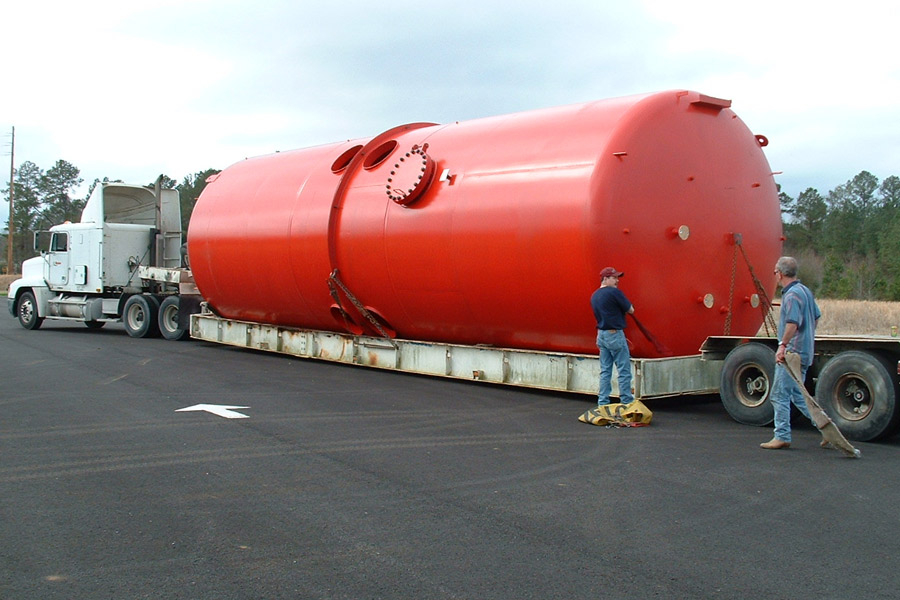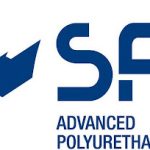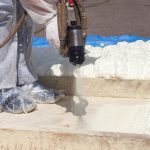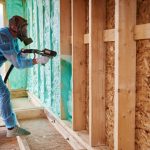Utilize Key Solutions to Alleviate Manufacturing Risk
Polyurethane safety is a primary concern for all manufacturers of the versatile material. Needed and used more than ever across virtually every industry in a variety of forms, polyurethane needs to be produced at a high level, in an efficient fashion, and with the needed precautions to avoid risk to the workers and facilities that handle the material every day.
The demand for polyurethane products will remain constant and growing. As a soft foam, polyurethane is an essential component of mattresses and car seats. As a liquid, polyurethane is used for paints and coatings. In a rigid form, it can be designed as both an insulator and support material in building construction. In addition, it can be a tough resilient material or form a durable outer ‘skin,’ for sporting goods.
Polyurethane can be found in a nearly infinite number of variations in application, structure, and chemistry. But polyurethane safety concerns need to remain constant, as the manufacturing or application of polyurethane can potentially expose workers to various safety issues. Working with hot products or raw materials raises exposure concerns. Moving and storing chemicals used to produce the material are also risks. Chemical spills and outdated blowing agents are potential environmental threats.
Linden Polyurethane is committed to finding and offering solutions to manufacturers to help ease those concerns. Let’s review a few ways you can help safeguard your polyurethane-focused business with equipment, operations upgrades, and services.
The Linden Polyurethane Difference: If you need polyurethane equipment repairs or rebuilds, we cover that, too. We’ll help you get back online quickly.
Multiple Avenues Toward Greater Polyurethane Safety
Before diving into some specific industrial solutions for greater safety, it must be noted that all workers dealing with polyurethane (or the raw materials like polyols and isocyanate used to produce it) should observe proper engineering controls and sound workplace practices. It’s also important that employees wear any personal protective equipment (PPE) needed for specific job functions. By doing both, a worker covers recommended protection principles to avoid unnecessary exposure.
Bulk Storage Systems
Expanded storage systems or chemical holding tanks offer financial benefits for facilities, but above all, they promote personal and environmental polyurethane safety. For years, companies have been ordering, hauling, storing, and handling material in 55-gallon drums rather than chemical holding tanks. For companies with more significant production demands, this inefficiency was upsized into significantly larger 270-gallon totes. Depending on overall production volume, companies might have anywhere from dozens to hundreds or even thousands of these drums in their facilities throughout their footprint.
If your workers are moving and handling drums and totes manually in your facility, you’re increasing the risk of an accident that can threaten your people, your equipment, and the environment. One spilled drum, knocked-over tote, or a rupture of either, can lead to harmful exposure for your workers and a chemical spill.
Polyurethane storage tanks eliminate or at least drastically reduce the need for your workers and operators to have contact with chemicals. This will help prevent worker injuries and prevent these chemicals from accidentally being spilled outside, into drainage systems, and other areas where they may come in contact with the environment.
Quality High-Pressure Metering Systems
Linden Polyurethane offers best-in-class high-pressure polyurethane processing equipment and our high-pressure metering systems provide immense flexibility to support your polyurethane processing and dispensing needs. When dealing with high pressure, you’ll want high standards and assurances of safety. With two specific models available that serve as the foundation for customization as well as a host of ancillary and support options and upgrades, our high-pressure metering systems have become the polyurethane processing equipment of choice for organizations that expect uncompromising top-of-the-line performance, accuracy, and reliability in their polyurethane production environment.
Linden offers two distinct high-pressure metering systems for polyurethane processing equipment: the extremely powerful and customizable INNOVATOR™EP and the highly accurate and controllable Linden-Isotherm PSM 90. Our metering systems are put to the test every day, and only the best will be passed on to our customers. It’s about more than just performance and accuracy — it’s about protecting people and ensuring safety. That’s why we customize all our polyurethane processing equipment to help our clients meet these strict demands.
Pentane Machinery
Polyurethane safety concerns extend to the environment as well. Pentane has been identified as an environmentally friendly replacement for outdated and potentially harmful blowing agents. Previously popular blowing agents — such as HFCs and HCFCs — had high global warming potential (GWP) and resulted in regulatory agencies calling for emissions controls and standards. Pentane machinery will help organizations meet their production demands while also complying with local regulations and supporting environmentally safe best practices.
Pentane is the preferred blowing agent when the amount of foam that will be used is much higher. For example, pentane will be part of the overall mixture in board or panel lamination. Different subcategories of pentane are also available based on the application. While pentane does offer certain benefits over HFCs, it does carry some risks. Machines must be altered, as pentane is flammable. To counter this for continuous operations, Linden Polyurethane pentane machinery can blend pentane into the polyol mixture in-line before the material reaches the mix head. In specific blending instances that are not continuous, pentane can be blended into the polyol prior to mixing.
The Linden Polyurethane Difference: Learn more about our full-service testing lab and all of our testing capabilities for accurate data to make better-informed production decisions.
Let Linden Help You Improve Polyurethane Safety
We’ve been engineering, designing, and making custom polyurethane equipment for industries worldwide since 1985. Every machine and device we make is engineered for the specific application needs of our clients and ensures they can reach consistent levels of performance and meet production goals. With strict adherence to quality standards, polyurethane safety remains a top priority, whether it involves the performance of high-pressure metering equipment or bulk storage solutions to ease constraints and concerns for workers in your facility.
By working with Linden Polyurethane, you’ll not only guarantee your equipment or material will be capable of meeting your long-term production goals, but you’ll also enjoy 24/7/365 support from a team that has expertise in all things polyurethane.
Contact our team today to learn more about all our polyurethane capabilities and how we help you put safety first in your day-to-day production operations.





